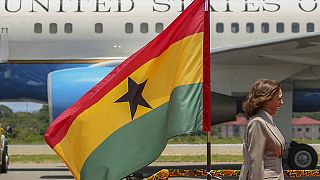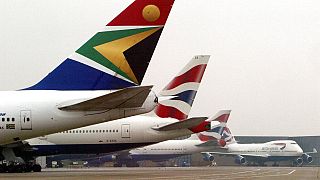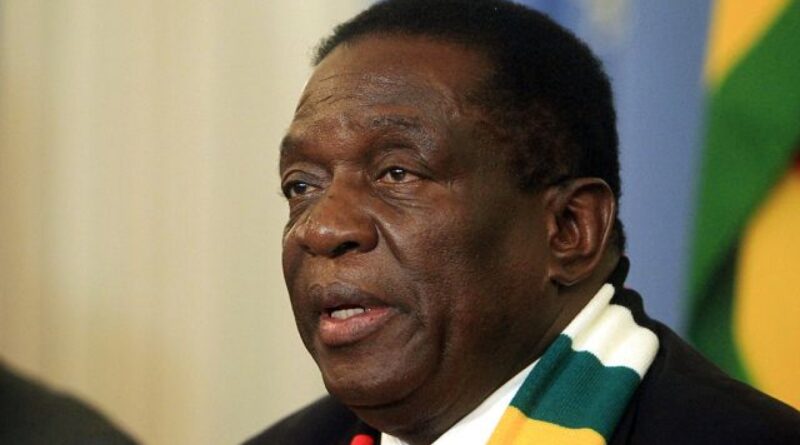Zimbabwe and Botswana introduce visa-free travel deal

Zimbabwean President elect Emmerson Mnangagwa prepares to address a press conference in Harare ,Friday, Aug, 3, 2018.
–
Copyright © africanews
Tsvangirayi Mukwazhi/Copyright 2018 The AP. All rights reserved.
Zimbabwe
Zimbabwe and Botswana have embarked on a bilateral deal to eliminate passport requirements for each other’s citizens, fostering a new era of unrestricted travel between the two nations.
The announcement comes as part of a broader trend across the African continent, where countries are progressively easing entry restrictions for fellow Africans.
Zimbabwe’s President Emmerson, speaking about the initiative, declared, “The two of us have agreed because we are African. We should be able to walk into Botswana, walk into Zambia, walk into Kenya. Why should we restrict ourselves?”
President Emmerson highlighted the colonial origins of such restrictions and expressed a shared commitment with Botswana’s President Mokgweetsi Masisi to dismantle barriers to free movement.
This move aligns with a growing momentum towards visa-free travel within Africa. Seychelles, The Gambia, and Benin have already embraced visa-free entry for African visitors, with Rwanda recently joining the list. The trend underscores a deeper conversation about the potential of connectivity and integration across the continent.
Kenyan President William Ruto has set an ambitious target to eliminate visa requirements for all African visitors by the end of 2023, emphasizing the economic benefits and trade opportunities such a policy shift could bring.
Notably, other African nations, including Botswana and Namibia, South Africa and Ghana, as well as Uganda and the Democratic Republic of Congo, have entered into reciprocal visa waiver agreements, further promoting seamless travel and fostering regional cooperation.
As Zimbabwe and Botswana lead the way in dismantling passport barriers, the move signifies a step towards stronger African unity and collaboration, echoing a continent-wide commitment to fostering mutual understanding and economic growth.
Additional sources • bbc
Related articles




